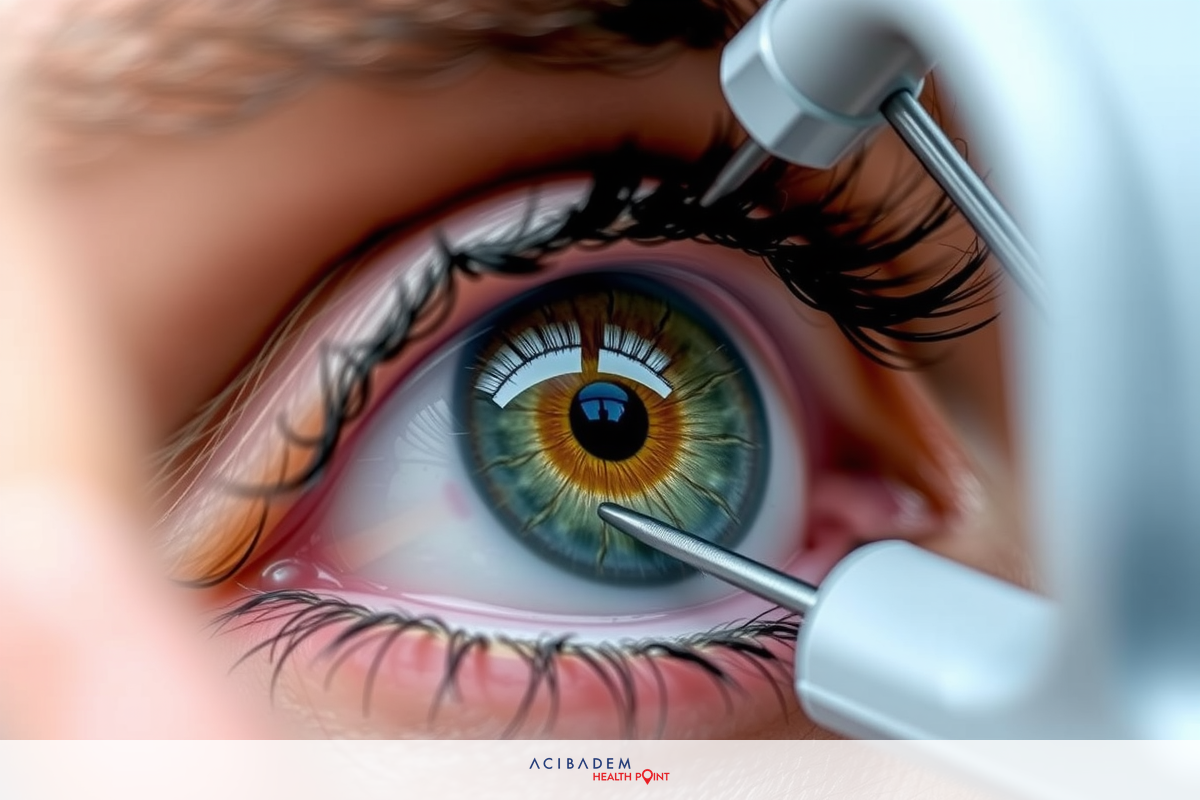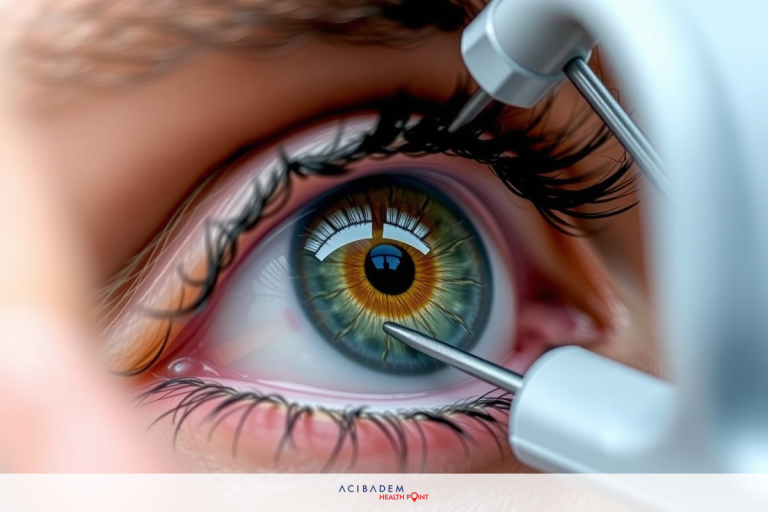Does PRK Laser Eye Surgery Hurt
Does PRK Laser Eye Surgery Hurt The world of vision correction holds innovative solutions like Photorefractive Keratectomy (PRK) – a popular method employed to correct various eyesight issues. What often concerns people the most about PRK is whether it hurts or not. These concerns, while completely natural, may be quelled with accurate information and well-grounded facts.
Understanding pain in connection with PRK laser eye surgery requires knowing what happens during this operation. It’s equally important to grasp how recovery develops post-surgery because any pain primarily originates from these phases. With precise knowledge at your fingertips, you can make informed decisions about seeking PRK.
PRK Laser Eye Surgery: What to Expect
During a PRK laser eye surgery, an advanced excimer laser is used. This aims to reshape the cornea and correct refractive errors such as myopia (nearsightedness), hyperopia (farsightedness) or astigmatism. The procedure generally lasts for around 15 minutes, involving minimal pain but no distinct pain.
After the procedure, you’ll be given protective eyewear and medications—to aid in recovery process. It’s essential that you use these diligently as prescribed by your surgeon; this helps manage possible pain in the initial recovery phase post-surgery.
The road to full visual improvement and comfort typically spans across several weeks after PRK—a progressive journey rather than an instant improvement scenario. Setting favourable expectations about how soon you might attain optimal results would help shape your approach towards recovery.
In terms of managing potential postoperative symptoms like light sensitivity or burning sensation—you’re often advised on ways to alleviate these through practical tips or prescriptive measures. Remember each patient’s experience varies—however staying informed facilitates smoother sailing through your recovery course following PRK laser eye surgery.
Managing Pain and Discomfort
Post PRK laser eye surgery, one might experience mild pain or even moderate pain. It is important to remember that this a part of the recovery process and not indicative of any issue with the procedure itself. Your surgeon will provide medication for your comfort—using these disposable drops as directed may help manage such symptoms effectively.
Rest (and lots of it) is equally important during recovery from PRK laser eye surgery. The body undertakes much of its repair work during sleep, making sufficient rest vital to quicken the overall recovery timeline while also helping control pain levels naturally.
Avoid environments that could cause irritation in your eyes; dust-filled areas can agitate recovering corneal surface causing additional pain. So can activities likely to dry out your eyes excessively such as prolonged screen time, air-conditioning exposure or breezy outdoors—being mindful about avoiding unnecessary irritants aids effective management of post-surgical discomfort.
Patience goes a long way following PRK laser eye surgery—in terms of both visual enhancement as well as settling down any residual pain. Remember every person’s journey is unique; listen closely to what your body says needs more care—you are often an accurate judge on what best helps ease potential glaring sensations or other side-effects due after surgery.

PRK Laser Eye Surgery Recovery
Recovering after PRK laser eye surgery is indeed a gradual process not without its challenges, such as initial blurred vision or pain. But with utmost care and patience, you are on the course to restored eyesight in no time. Given that your cornea’s thin outer layer is removed during surgery, it needs ample soothing rest to regrow and heal.
To expedite recovery from PRK laser eye surgery, diligently follow all instructions provided by your surgeon. This includes administering medicated drops correctly under prescribed frequency—it ensures optimal recovery while mitigating any risk of infection post-surgery. Few favourable steps include avoiding sources of dust particles or smoke that irritate the recovery eye besides refraining from rubbing eyes vigorously—any undue strain impedes speedy recovery.
Maintaining timely appointments for routine check-ups helps keep a close watch on how well your eyes are recovery following your PRK surgery—a proactive detection mechanism for any unlikely complications while also highlighting corrective action if needed at various stages through recovery journey.
Remember slow progress doesn’t equate poor outcomes—in fact most patients witness steady improvement over several weeks post-PRK; crucial then is keeping cool-headed on this quest towards full visual comfort and clarity! Staying patient realizing each individual’s body heals uniquely would save unnecessary worry paving way instead for calm recuperation mode enabling seamless return unto normalcy soon enough.
Frequently Asked Questions
How long does recovery from PRK laser eye surgery typically take?
The initial recovery period can span about a week, but it might take several weeks for your vision to fully stabilize and improve.
Should I restrict any specific activities following PRK?
Activities involving potential irritation like swimming in chlorinated water, exposure to dust or rigorous sporting pursuits should be avoided until full recovery—or as advised by your surgeon.
Can everyone opt for PRK laser eye surgery?
Not all. Anyone considering this surgical procedure must undergo an intensive pre-surgical evaluation that takes into account various factors including corneal thickness, eyesight prescription, overall health among others.
This article is intended only for informational purposes and must not substitute professional medical advice; kindly consult with healthcare practitioner prior appropriate course of action based on personal circumstances.








